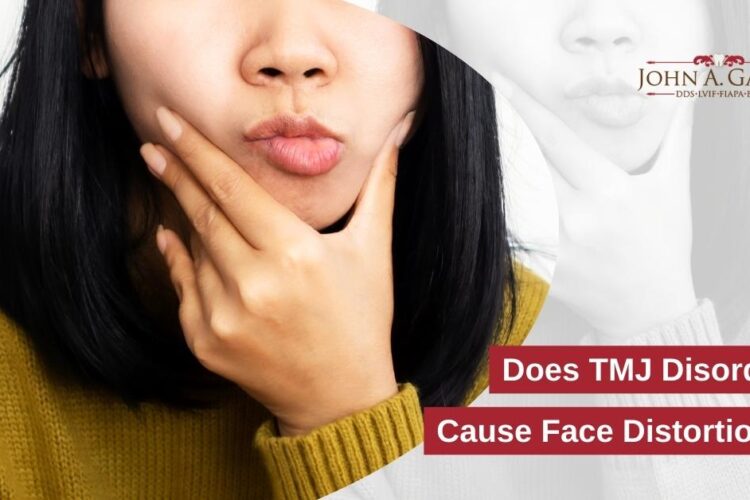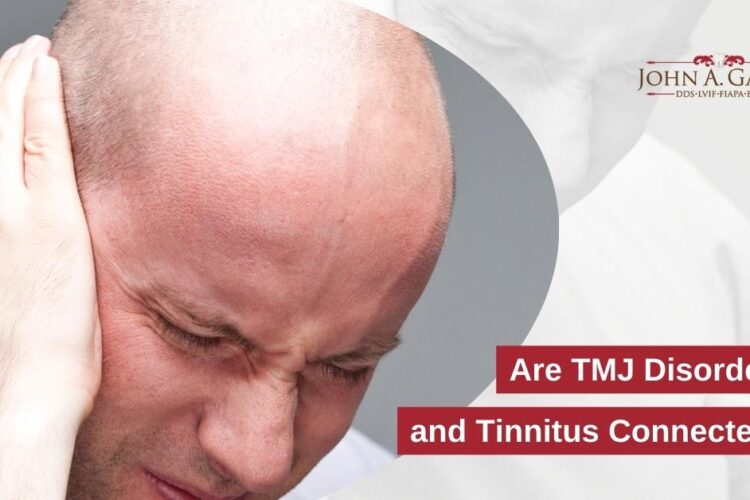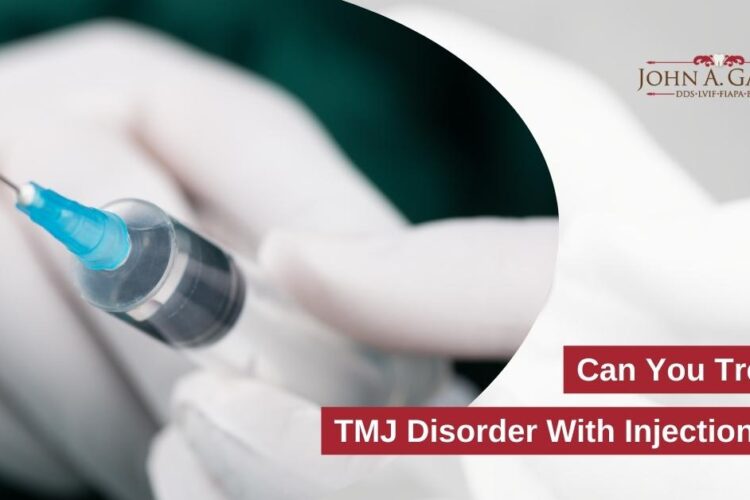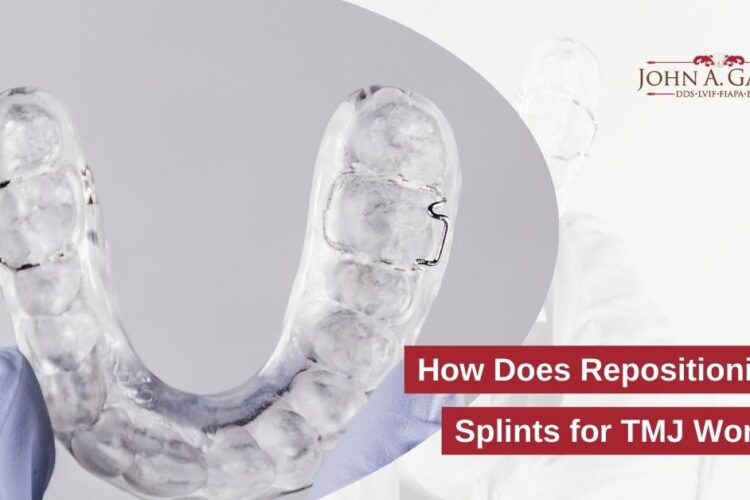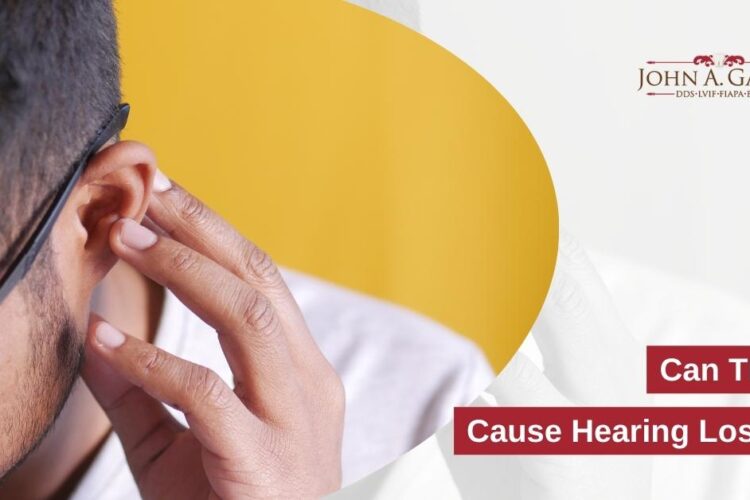Lymph nodes are a critical element of the lymphatic system. They seek to catch pathogens that would otherwise cause illness. When lymph nodes expand, the body is likely fighting an infection. It is called lymphadenitis. Occasionally, enlarged lymph nodes might signify malignancy, although they are mostly innocuous. Nonetheless, ensure they be seen by a physician
read more
Temporomandibular joint (TMJ) dislocation occurs when the jaw condyle slips forward, displacing its functional position inside the glenoid fossa and posterior articular eminence. This causes acute orofacial discomfort by stretching the facial ligaments and muscles. Dislocations of the TMJ can be either acute or recurring, with each type having distinct causes. Mandibular dislocation typically develops
read more
TMJ (Temporomandibular Joint) disorders can produce facial asymmetry, with or without discomfort. Most of the time, these disorders can be managed without surgery. A bite system imbalance is the cause of TMJ. No coordinated function exists between teeth, jaw joints, and muscles. The imbalance can result in various symptoms, such as jaw pain, headaches, tooth
read more
Patients with tinnitus frequently experience numerous psychological repercussions. Depression is widespread among those with the illness, and many suffer from worry due to hearing difficulties. Tinnitus may be quite distressing. Subjective tinnitus is the perception of disturbing noises that are inaudible to others, such as ringing, buzzing, and humming. This issue is more prevalent as
read more
Pregnant women undergo several changes throughout their pregnancy. They experience several physical and hormonal changes. Their common complaint, for instance, is bleeding gums, which might provide an opportunity for infections. In addition, pregnant women are more susceptible to illnesses since their immune systems are not fully developed. However, pregnant jaw discomfort is likely the issue
read more
In many cases, the indications and symptoms of a TMJ issue can be alleviated via self-care. However, patients should seek medical therapy for TMJ if they experience persistent jaw discomfort and tenderness or if they are unable to close their jaw entirely. A temporomandibular joint injection may be a suitable therapy option if a TMJ
read more
Both bruxism and temporomandibular joint dysfunction, sometimes known as TMD or TMJ, are painful diseases frequently treated using occlusal splint therapy. An occlusal appliance, often known as a splint, is a device that can be worn in the mouth and is designed to cover the bite surface. Using a repositioning splint for TMJ can be
read more
It is not surprising that you would correctly guess something might be wrong with your jaw if you are experiencing symptoms like pain or swelling in the jaw, popping noises when you chew or yawn, or locking occasionally. These are all telltale signs of TMJ disorder. If you are experiencing any of these symptoms, you
read more
Jaw joint issues commonly accompany pain and headaches in the jaw area. However, other problems caused by a dysfunction of the temporomandibular joint (TMJ) could surprise you. For instance, this disease might create abrupt sensations of lightheadedness and spinning, which can be a disruption to your sense of balance. Vertigo is a common symptom
read more
Many children and adults suffer from TMJ, which can produce uncomfortable symptoms such as facial pain, headaches in the temples, the inability to open the mouth widely, sensitive teeth, or aching and throbbing jaw muscles. TMJ affects both sides of the jaw and can affect people of any age. Trauma to the jaw joint is
read more




